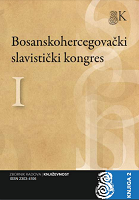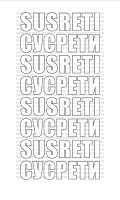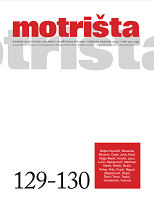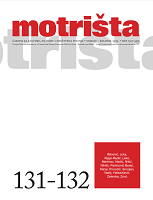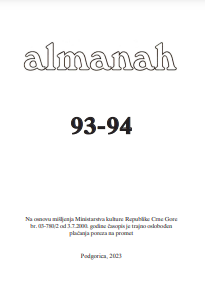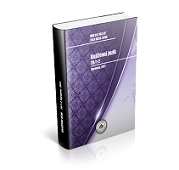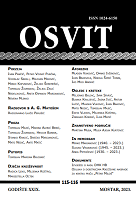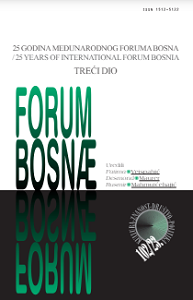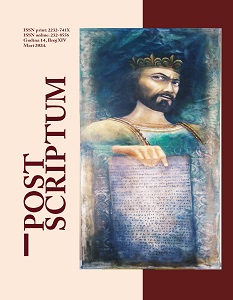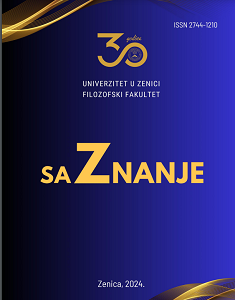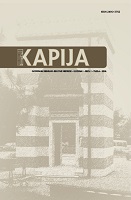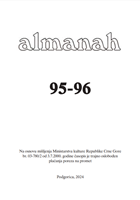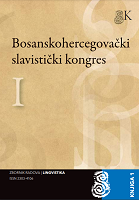
Sistem žanrova u srednjovjekovnoj vjerskoj književnosti – Nekoliko načelnih zapažanja
The particularity of the emergence and survival of the medieval Bosnian state, particularly its church, has determined the territory’s cultural development. Religious literacy, preserved to this day, has been linked with the function of the heretic Church of Bosnia. Its body consists of 13 gospels, 4 apostles, 3 revelations and one psalter. A few shorter texts, believed to be apocryphic, may be added as well. The most comprehensive are the three books – Hval’s and Venetian from the beginning of the 15th century, and much smaller – Radosav’s from the mid 15th century. Genres presented in Hval’s and Venetian books are: gospels, apostles and revelations, with additional compositions and records. The only saved psalter is in the Hval’s book. Radosav’s book contains the full version of the revelation together with some shorter texts whose function has not been determined yet. The isolation of the Church of Bosnia has affected the conservative nature of its written monuments. This paper divides the texts based on their genre and deals with them in the context of the neighbouring South Slavonic literatures. The books’ appearance, the choice of texts and their lay out, the characteristics of letters, orthography and the language, are allowing us to determine the medieval Bosnian literature as a special identity – “redakcija” (editing) – equal to every other literature inside the Slavic world.
More...
